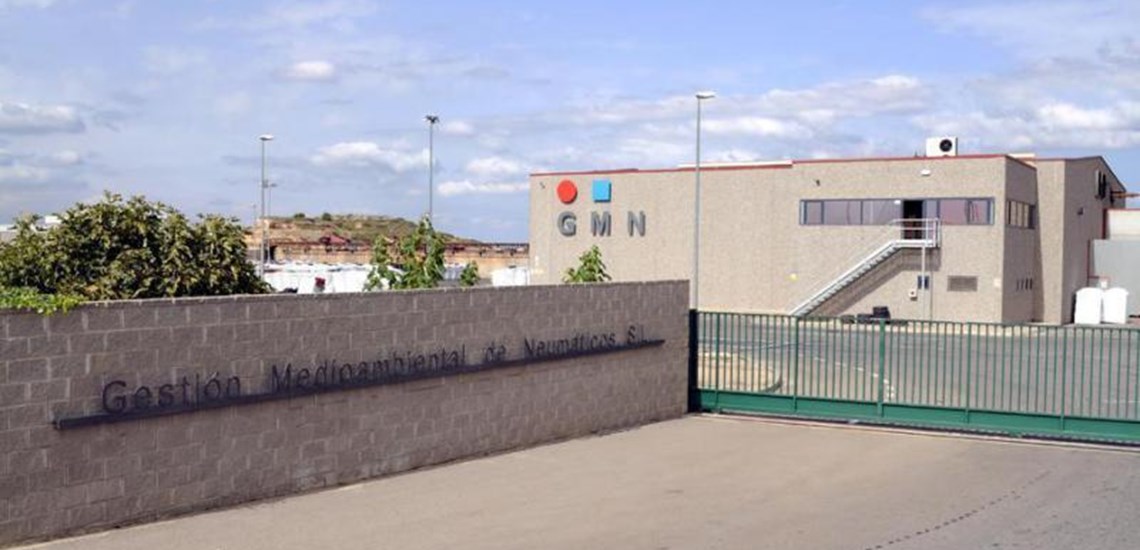Catalonia-based GMN is one of Spain’s largest tyre recyclers. It operates in a market that generates some 40,000 tons per annum in Catalonia alone according to the Agència de Residus de Catalunya (ARC). GMN is part of the COMSA Construction Group.
Ongoing Success Story for Spain’s GMN as it Recycles its 7 Millionth Tyre
“The company was created in 2001 when tyres could be thrown into the landfill. It was not until 2006 that the integrated management system was created,” explains Andreu Gelpí, director of GMN. The company has grown as the management system itself did and is currently the successful bidder for end-of-life tyres that are collected in the provinces of Lleida, Tarragona, Girona, Huesca, and part of Barcelona.
GMN operates from two plants: one of 10,000 square meters located at the Pirelli facilities in Manresa, and the other of 40,000 m2 in Maials (Segrià).
In the first, tyres from Barcelona and Girona are collected and separated, which are then sent to Maials where the factory and headquarters are located. Here the tyres from Lleida, Tarragona and Huesca are also delivered.
“Between 10% and 15% of the tyres can have a second use as such,” indicates Gelpí; “The rest is revalued, that is, it is given a second life by turning it into a new material.
“It is the differential feature: while most companies focus on energy recovery (burning tyres to produce energy), we focus on treating the steel and rubber of the tyres so that they become new raw materials.”
The only thing they do not recover is the textile waste from the tyres due to “their low value as a material,” acknowledges Gelpí. In total 95% of the product is recovered.
In 2020, GMN managed more than 25,000 tons of tyres for their material recovery and about 90% of the production was exported to countries in North Africa, Arabia, India, North Europe and the US The turnover was seven million, a figure that by the end of this year they expect to increase by one million.
The company employs more than sixty people and it is in a growing market, not only because of Europe‘s commitment to a waste-free economy, but also because of sustainability problems in the natural rubber market.
Source: La Vanguardia


















